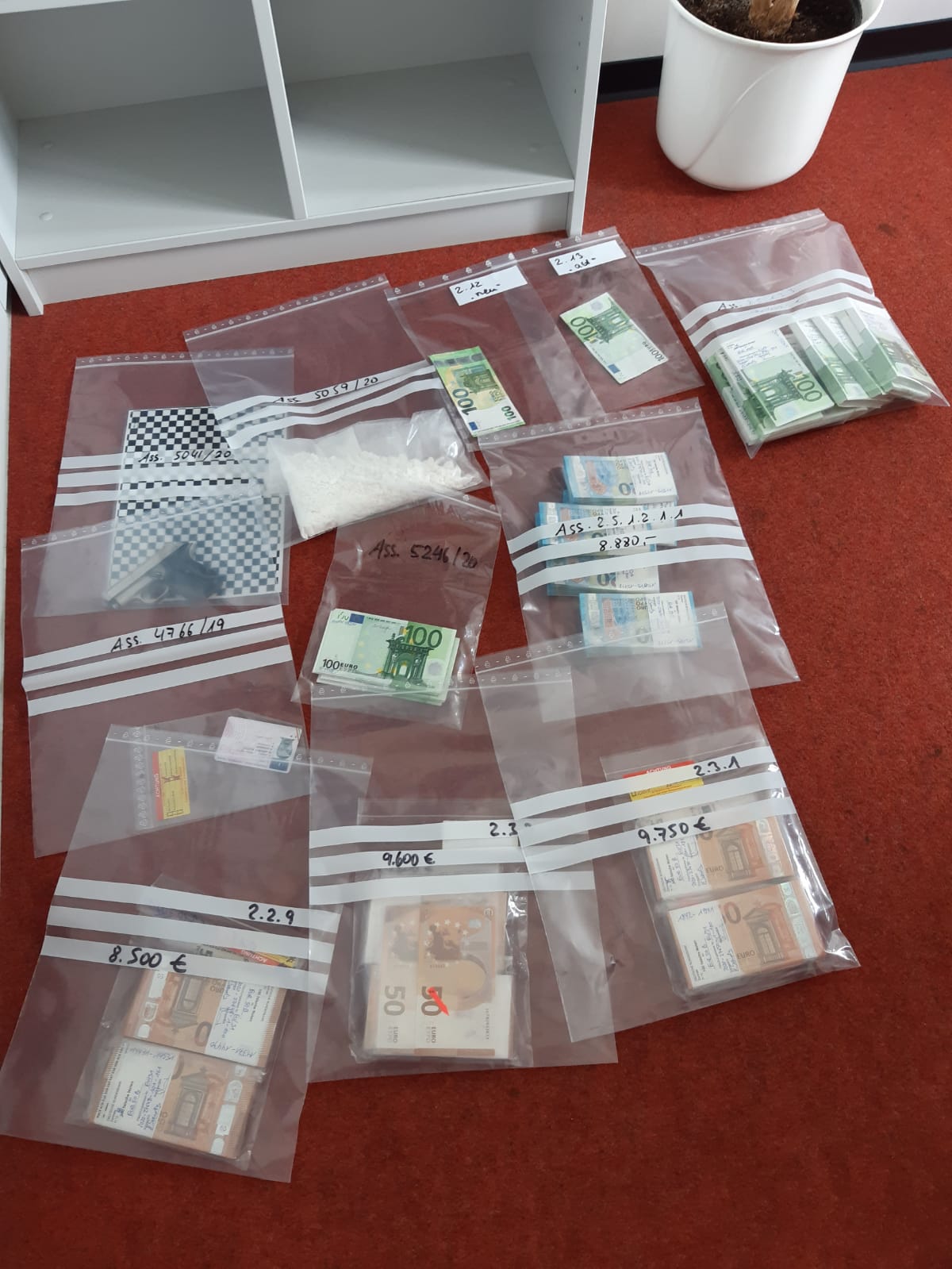The Council today adopted an amending recommendation on the temporary restriction on non-essential travel into the EU. This amendment responds to the ongoing vaccination campaigns by introducing certain waivers for vaccinated persons and easing the criteria to lift restrictions for third countries. At the same time, it takes into account the possible risks posed by new variants by setting out an emergency brake mechanism to quickly react to the emergence of a variant of interest or concern in a third country.
Criteria to lift restrictions for all travellers from a third country
For restrictions on non-essential travel to be lifted for a given third country, under the new rules the number of COVID-19 cases per 100 000 inhabitants over the last 14 days is raised from 25 to 75. The progress in having the population vaccinated against the virus should also be taken into account. At the same time, to respond to the risk posed by new variants, the detection in a country of variants of interest should now be considered together with variants of concern.
Other existing criteria continue to apply, including a stable or decreasing trend of new cases, the number of tests performed, a 4% positivity rate among all tests carried out, the overall response to COVID-19 in the country and the reliability of the available information. Reciprocity should continue to be taken into account on a case by case basis.
Lifting of restrictions for vaccinated persons
If member states accept proof of vaccination to waive travel restrictions such as testing or quarantine, they should in principle lift restrictions on non-essential travel for third-country travellers who have received the last recommended dose of an EMA approved vaccine at least 14 days before arrival. Member states could also lift the restriction on non-essential travel to those who have received at least 14 days before the last recommended dose of a vaccine having completed the WHO emergency use listing process.
Where lifting these restrictions, member states should take into account reciprocity on a case by case basis.
Once adopted, the digital green certificate regulation will provide the basis, through a Commission implementing act, for treating third country vaccination certificates equivalent to digital green certificates. Until then, member states should be able to accept third country certificates containing at least a minimum data set, in accordance with national law and taking into account the need to be able to verify the authenticity, validity and integrity of the certificate.
Emergency brake mechanism
Where the epidemiological situation of a third country or region worsens quickly, in particular if a variant of concern or of interest has been detected, member states should adopt an urgent, temporary restriction on all travel into the EU. This emergency brake should not apply to EU citizens, long-term EU residents and certain categories of essential travellers, who should nevertheless be subject to appropriate testing and quarantine measures, even if fully vaccinated.
When a member state applies such restrictions, the member states meting within the Council should urgently review the situation in a coordinated manner and in close cooperation with the Commission. Such restrictions should be reviewed at least every two weeks.
Background
On 30 June 2020 the Council adopted a recommendation on the gradual lifting of the temporary restrictions on non-essential travel into the EU. This recommendation included an initial list of countries for which member states should start lifting the travel restrictions at the external borders, which is reviewed every two weeks.
On 2 February 2021, the Council adopted an amending recommendation which updated the criteria to lift restrictions, set out measures for travellers and provided for the rapid reintroduction of restrictions in worsening situations or where a high incidence of variants of concern is identified.
On 3 May 2021, the Commission presented a proposal to further ease the current restrictions on non-essential travel, in view of the developments in the epidemiological situation and the progress of vaccination campaigns.
The Council recommendation is not a legally binding instrument. The authorities of the member states remain responsible for implementing the content of the recommendation.
Visit the meeting page

